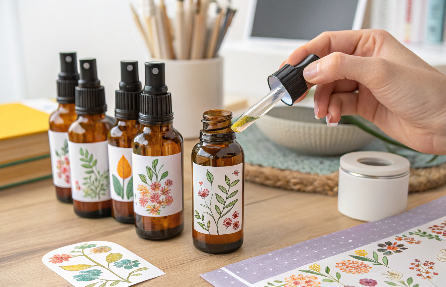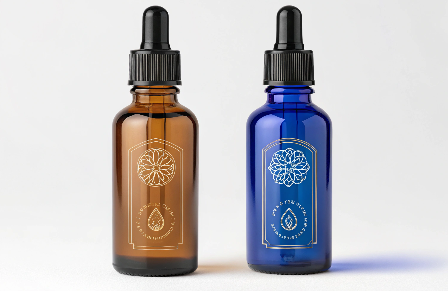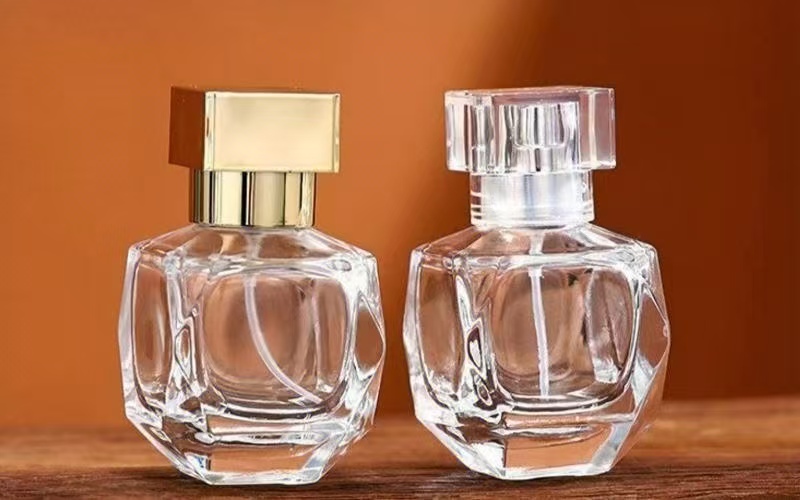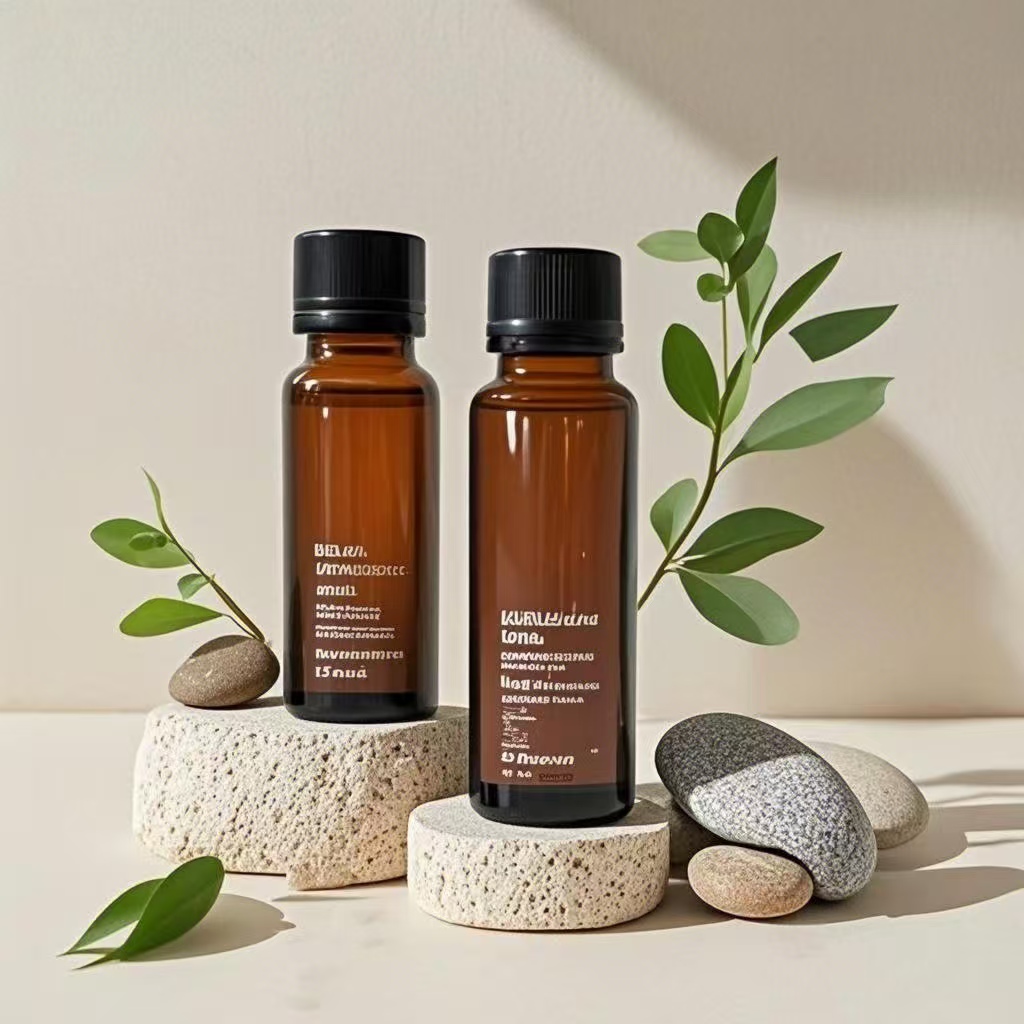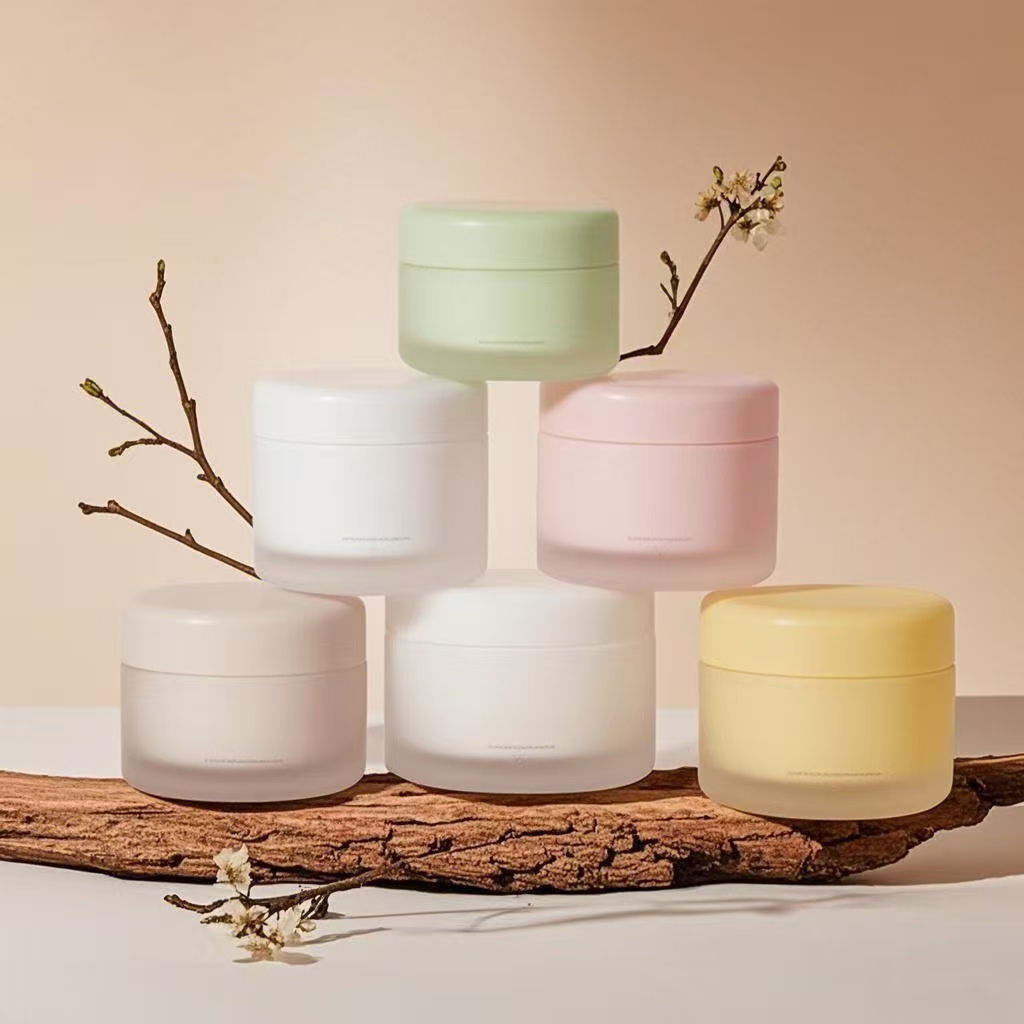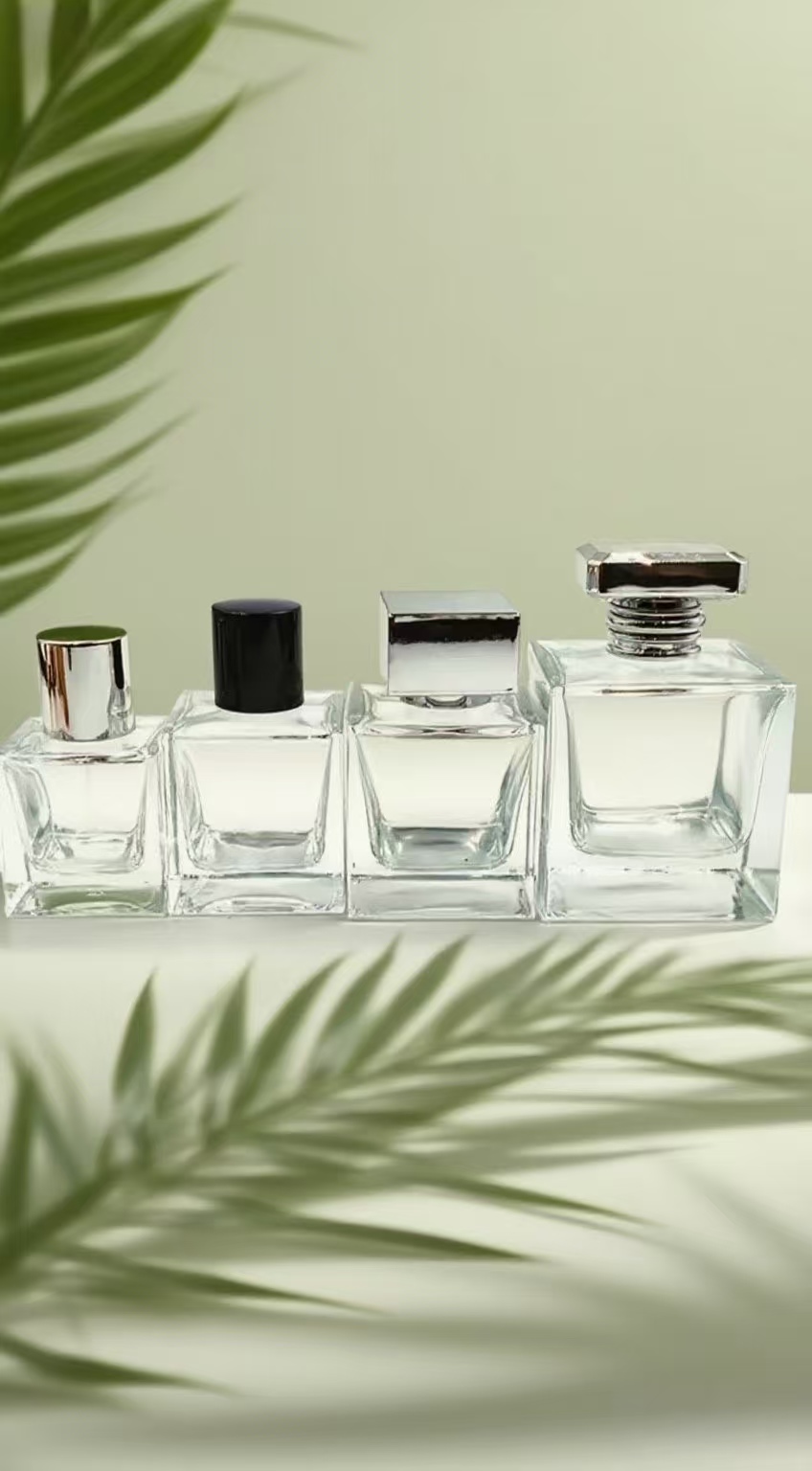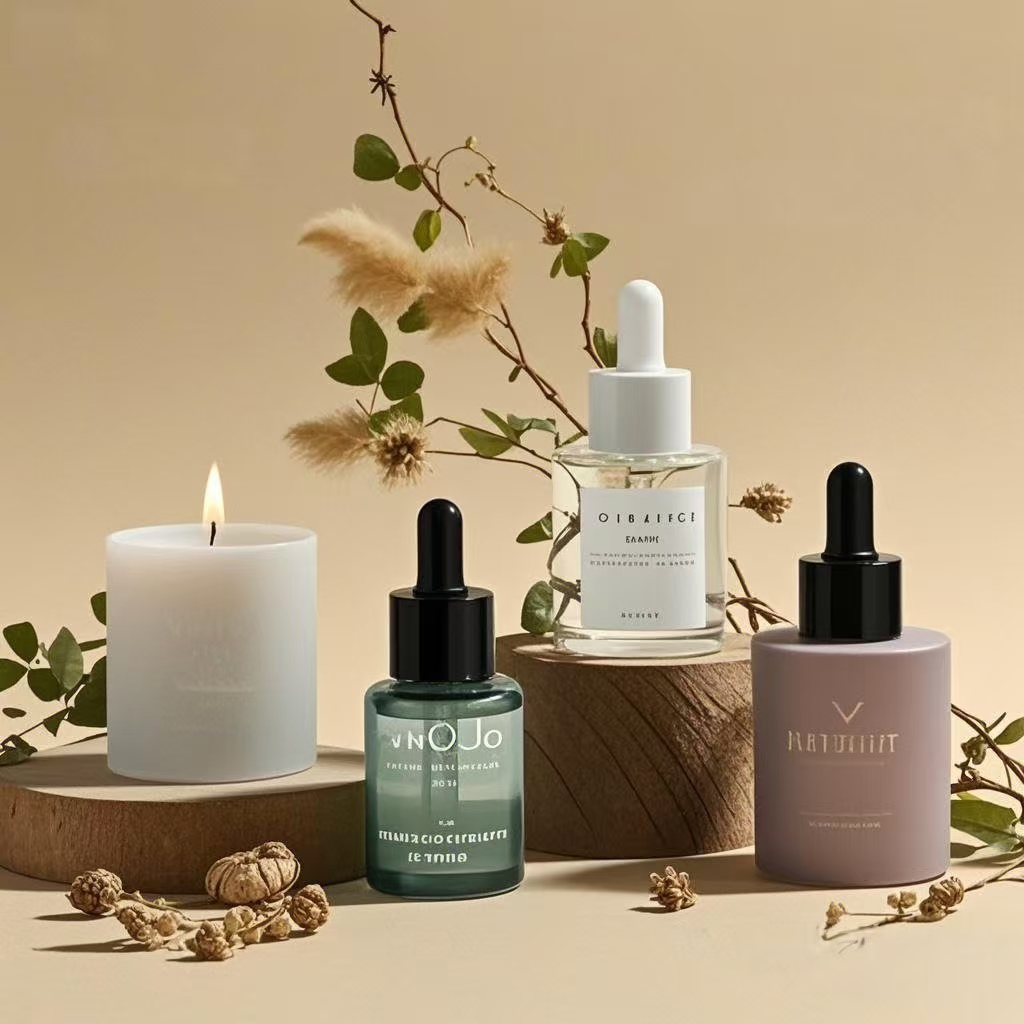Plastic bottles are everywhere—but so are their downsides. From pollution to chemical leaching, plastic packaging is under growing scrutiny from both consumers and regulators.
Eco-friendly alternatives to plastic bottles include glass, stainless steel, aluminum, bamboo, and biodegradable materials like PLA. Each has its own benefits for sustainability, safety, and branding.
Let’s break down what materials can replace plastic, what to use instead for water or cosmetic packaging, and how brands are innovating with green packaging solutions.
What is the best alternative to plastic bottles?
There’s no one-size-fits-all—just better choices.
The best alternative to plastic bottles depends on the product use case, but glass and stainless steel are widely recognized for being recyclable, durable, and non-toxic.
Top Plastic-Free Alternatives:
| Material | Pros | Common Use Cases |
|---|---|---|
| Glass | Recyclable, inert, premium look | Skincare, essential oils |
| Stainless Steel | Long-lasting, non-leaching, reusable | Water bottles, travel gear |
| Aluminum | Lightweight, 100% recyclable, durable | Spray bottles, canned drinks |
| Bamboo | Renewable, compostable (when untreated) | Caps, sleeves, packaging accents |
| PLA (Polylactic Acid) | Biodegradable, plant-based plastic alternative | Single-use bottles, travel-size containers |
At PauPack, we focus on glass, bamboo, and PLA packaging solutions that are not only eco-conscious but also brand-elevating. Our amber glass dropper bottles and biodegradable jars offer both form and function for sustainable beauty, wellness, and personal care brands.
What to replace a plastic water bottle with?
Switch from single-use to stylish and sustainable.
Replace plastic water bottles with reusable stainless steel or glass bottles. These materials don’t leach chemicals and are easy to clean and refill.
Top Options for Replacing Plastic Water Bottles:
-
Stainless Steel Bottles – Insulated, durable, and long-lasting
-
Glass Bottles with Silicone Sleeves – BPA-free and stylish
-
Aluminum Bottles – Lightweight and recyclable
-
Plant-Based Bioplastics (like PLA) – Compostable, ideal for short-term use
-
Filtered Pitchers or Dispensers – Eliminate the need for bottled water entirely
Water packaging doesn’t have to be boring. At PauPack, we work with wellness brands that produce infused waters, herbal drinks, and detox blends in food-safe glass bottles with secure lids and elegant form factors—proving sustainability can be chic.
What is the most eco-friendly alternative to plastic?
Go natural, go renewable.
The most eco-friendly alternatives to plastic are materials that are renewable, biodegradable, and recyclable—like bamboo, glass, and PLA.
Eco-Friendliness Scorecard:
| Material | Recyclable | Biodegradable | Renewable | Best For |
|---|---|---|---|---|
| Glass | ✅ | ❌ | ❌ | Long-term use, skincare |
| Bamboo | ❌ (limited) | ✅ | ✅ | Caps, closures, applicators |
| PLA | ✅ (industrial) | ✅ | ✅ | Cosmetic jars, travel bottles |
| Aluminum | ✅ | ❌ | ❌ | Spray bottles, personal care |
No material is perfect—but some are clearly better for the planet. Choosing materials with closed-loop or compostable life cycles is the direction conscious brands are moving toward.
At PauPack, we provide bamboo dropper caps, PLA jars, and aluminum atomizers as part of our eco-forward product lines. We also offer custom labeling for carbon-neutral brands looking to highlight their environmental efforts.
How to make eco-friendly water bottles?
Design starts with material and ends with lifecycle.
To make eco-friendly water bottles, use sustainable materials like stainless steel, borosilicate glass, or PLA. Design them for reusability, durability, and easy recycling.
Eco-Friendly Bottle Design Tips:
-
Use durable materials: Stainless steel for thermal control, glass for purity
-
Avoid mixed materials: Easier recycling and waste sorting
-
Choose BPA/BPS-free caps: Silicone or stainless steel over plastic
-
Add a protective sleeve: Increases lifespan of glass bottles
-
Design for disassembly: Allows easy separation for recycling
PauPack partners with product developers to create reusable packaging systems that are functional, elegant, and kind to the planet. Whether for daily hydration or branded promotional items, we provide eco-safe options that support your mission and resonate with eco-conscious consumers.
Conclusion
Plastic is out—eco-friendly packaging is in. From glass and bamboo to stainless steel and PLA, there are now more sustainable alternatives than ever before. At PauPack, we help brands transition to smarter packaging that not only protects the product but also the planet.




